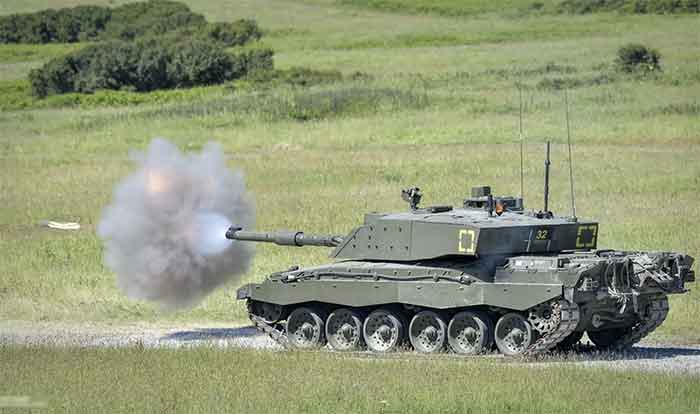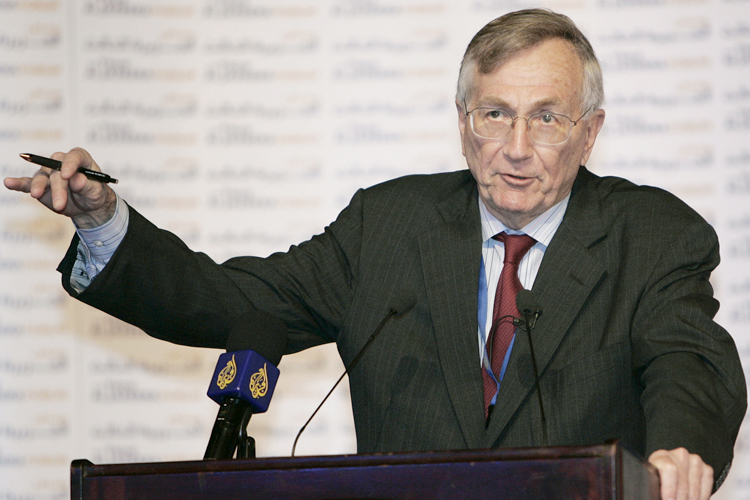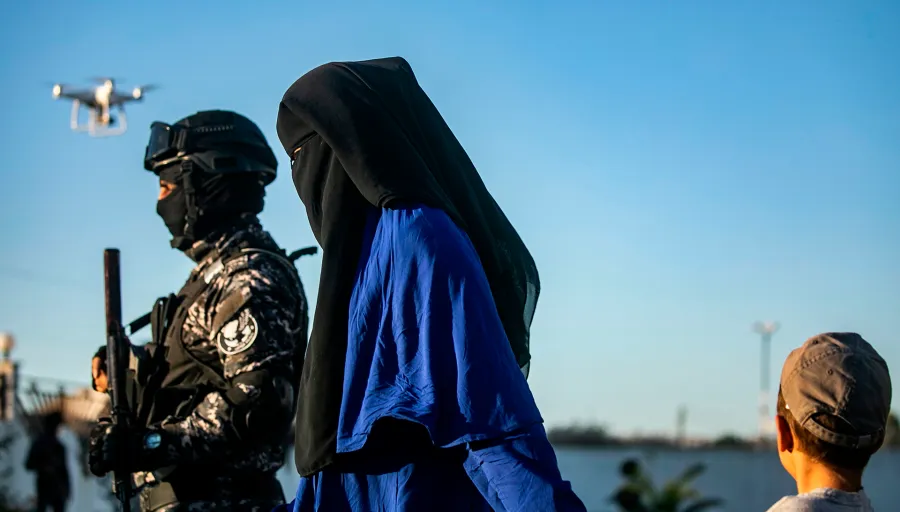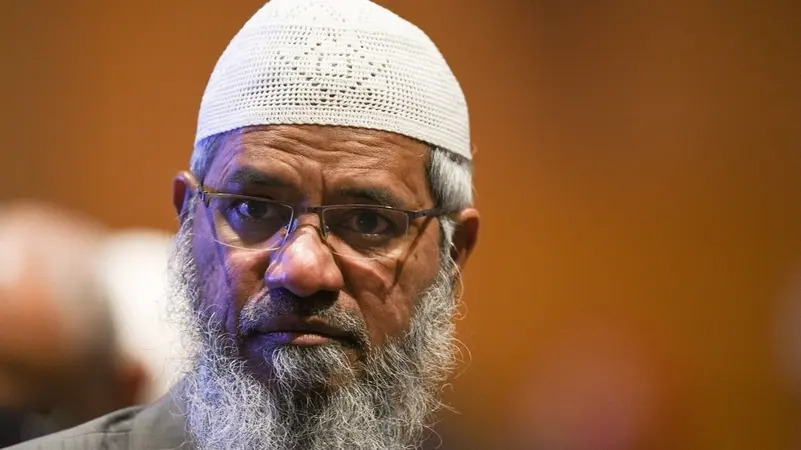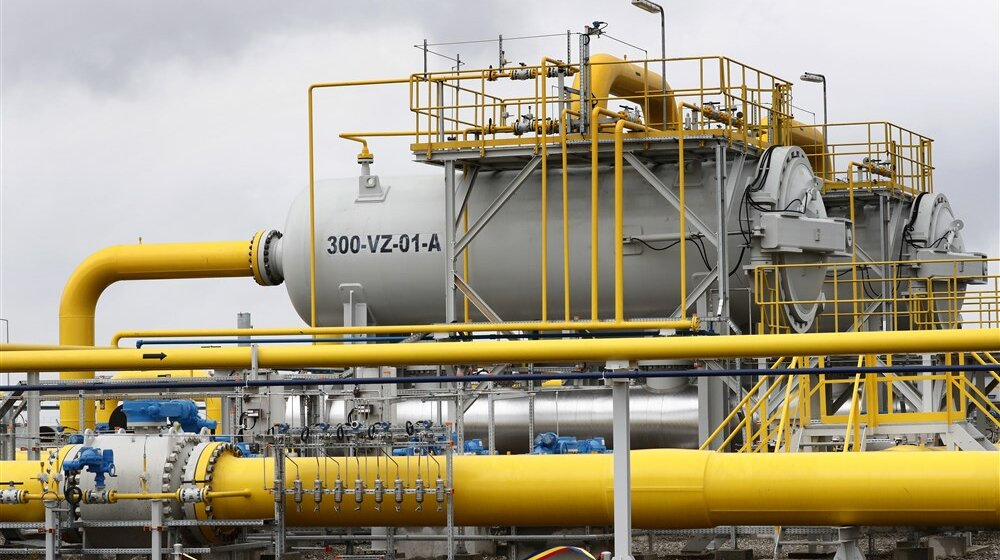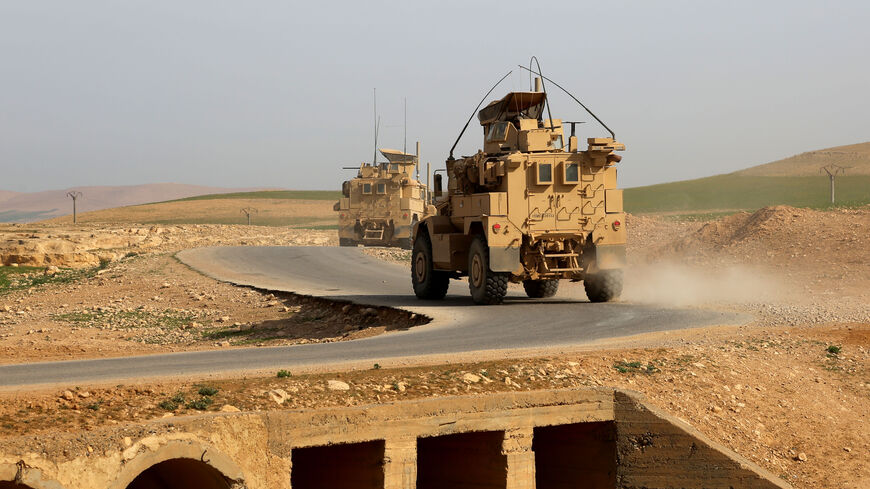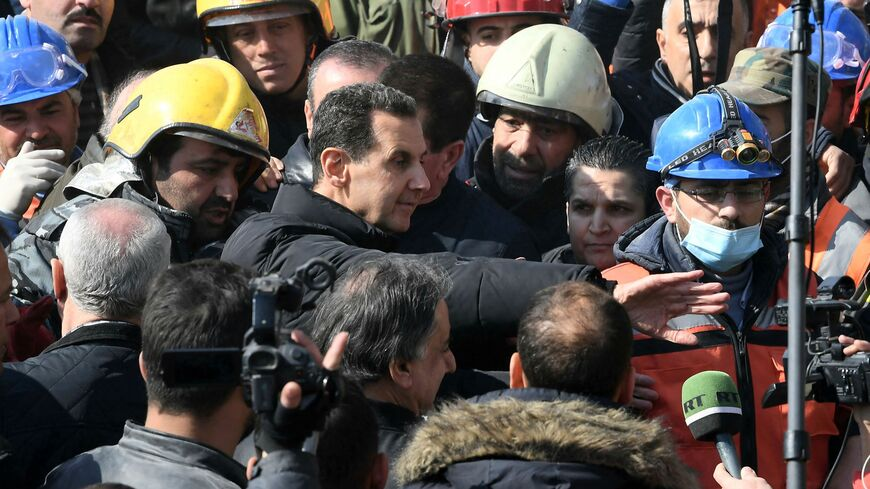Palestinians Don’t Exist?
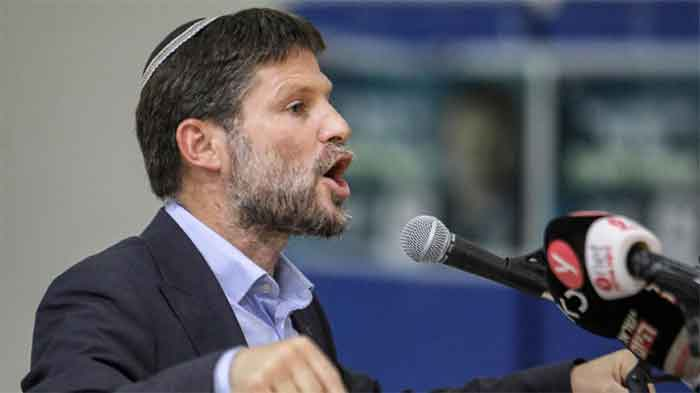
“Palestinians don’t exist.” (https://www.al-monitor.com/originals/2023/03/paris-israels-smotrich-says-palestinian-people-dont-exist-calls-them-fictitious) This was the recent statement by Israeli Finance Minister Bezalel Smotrich that made shocked headlines around the world. And, of course, he meant it as an affirmation of Jewish nationalism, the right of Israeli Jews to dispose of all Palestinians from the Jordan to the Sea. Sounds kind of like the Nazis, no?

